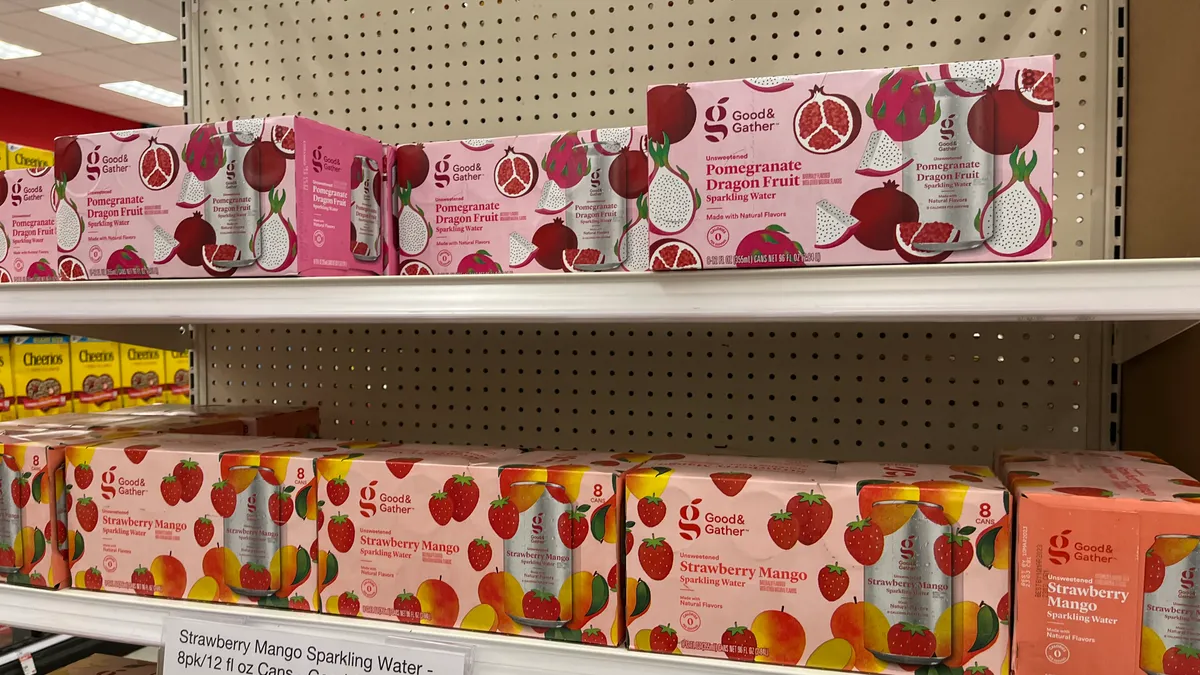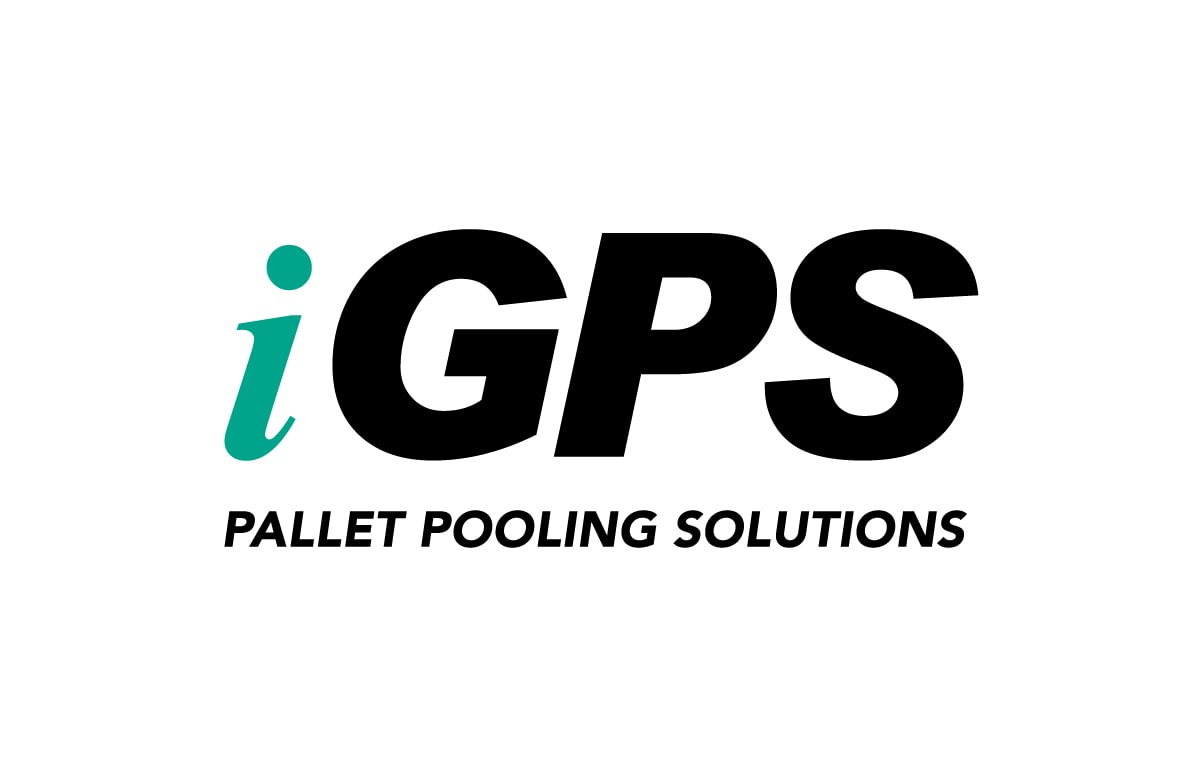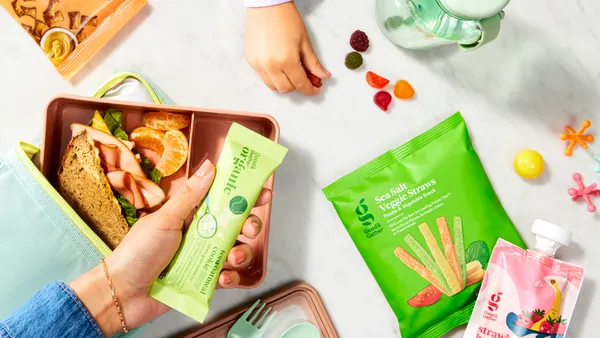Dive Brief:
- FMI — The Food Industry Association’s Private Brands Leadership Council has identified five priorities for advancing store brands, Doug Baker, vice president of industry relations for the trade group, wrote in a Thursday blog post.
- The areas are strategic sourcing, education, technical regulatory compliance, sustainability, and insights and trends.
- The guidance comes at a time when the trade group is looking to help grocers continue to encourage private brand sales after demand boomed in recent years.
Dive Insight:
The pandemic and high inflation helped fuel consumer demand for private brands as grocers boosted innovation and focused on value beyond just price. But now that private brands have become more popular, grocers face the challenge of figuring out how to sustain the momentum of store brands for the long term.
Fifty-four percent of surveyed shoppers said they plan to purchase much or somewhat more private brands in the future, compared to 26% who said the same for name brands, according to a report last fall from FMI.
FMI is responding by putting more resources behind private brand support. The Private Brands Leadership Council, which met in late 2023, has assigned a dedicated subcommittee for each of the five areas to identify best approaches for advancing each one, Baker said.
To promote ways to find and engage new suppliers, FMI plans to work on standardizing industry terminology and practices for U.S. grocery through its Strategic Sourcing Workstream, according to Baker. The group also intends to work with the FMI Supply Chain Council and Asset Protection Council to boost supply chain security, Baker said.
Baker noted that there’s a “big opportunity” to give professionals, including prospective job candidates and existing employees, more information about private brands. That can include industry association collaborations, school outreach, mentoring, supporting career enhancement and helping associates serve as “brand ambassadors” for private brand products.
To help address shifting regulatory developments that can impact private brand compliance, the trade group’s subcommittee devoted to this topic will develop industry positions and priorities for areas like labels and packaging in conjunction with FMI's government relations team to help reduce required changes to private brands.
FMI’s subcommittee focused on sustainability is looking to improve alignment between private brand retailers and suppliers around packaging and products by working with the trade group’s sustainability community to identify new sustainability technologies and stay abreast of federal and state regulatory developments.
The final subcommittee is working with FMI's Research and Insights Department to discover “the most relevant consumer and industry insights.”
“I am confident that the new approach will encourage even more food industry private brand leaders to engage with FMI and its council to further the industry's private brands’ success,” Baker said in the post.
While only 10% of surveyed food retail executives said they see innovation in their private brands as “very” far along, 82% said they plan to increase private brand investments moderately or significantly in the next two years, noting packaging, branding and supporting sustainable measures as among areas where they see more room for innovation, per FMI research released last June.
Consumers continue to remain focused on prices even as inflation has calmed in recent months. Retailers are continuing to lean on their store brands to tap into this consumer concern. Target, for example, last week announced a new low price-focused private brand called Dealworthy, which the retailer said will help expand its assortment of items starting at less than $1.














